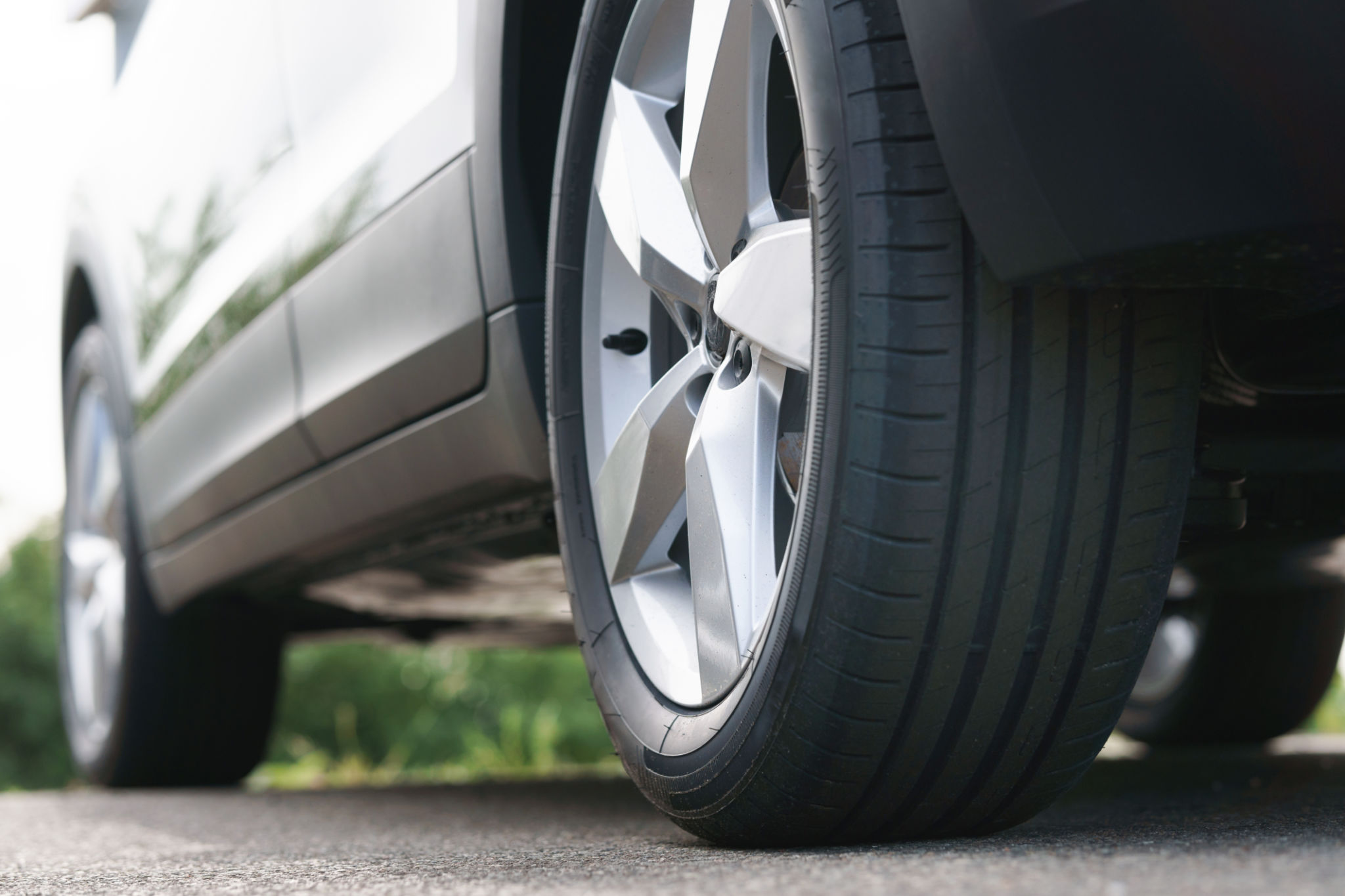Seasonal Car Care: Preparing Your Vehicle for Extreme Texas Weather
Understanding Texas Weather Extremes
Texas is known for its unpredictable and extreme weather conditions, ranging from scorching summer heat to sudden winter chills. These variations can significantly impact your vehicle's performance and longevity. Understanding the effect of these weather extremes is crucial for maintaining your car's health.
During the summer, temperatures can soar above 100°F, putting immense strain on your vehicle’s cooling system, battery, and tires. Conversely, winter can bring unexpected cold snaps that challenge your car’s battery and fluid levels. Proper preparation can help ensure your vehicle remains reliable year-round.

Summer Car Care Tips
Check Your Cooling System
The cooling system is vital during the hot Texas summers. Make sure to check the coolant levels and inspect the radiator and hoses for any signs of wear or leaks. A well-functioning cooling system prevents your engine from overheating.
Tire Maintenance
Hot pavement can increase tire pressure, leading to blowouts. Regularly check your tire pressure and tread depth. Ensure they are properly inflated to the manufacturer's recommended levels. Rotating your tires every 5,000 to 8,000 miles helps ensure even wear.

Winter Car Care Essentials
Battery Health
Cold weather can reduce a battery's efficiency. Before winter hits, have your battery tested to ensure it can hold a charge. Clean any corrosion from the terminals and ensure it is securely mounted. Consider investing in a battery tender if you leave your car unused for extended periods.
Fluid Checks
Ensure all fluids—engine oil, brake fluid, transmission fluid, and windshield washer fluid—are at optimal levels. In colder months, switch to a winter-grade oil that flows better in low temperatures.

All-Season Maintenance Tips
Regular Inspections
Regular vehicle inspections are essential regardless of the season. Check your brakes, lights, and wiper blades regularly to ensure they are functioning correctly. These components are critical for safety in all weather conditions.
- Replace wiper blades every six months or as needed.
- Ensure all lights are working for visibility during heavy rain or fog.
Emergency Kit Preparation
A well-stocked emergency kit is a must-have in your vehicle. Include items like jumper cables, a flashlight, a first-aid kit, bottled water, and non-perishable snacks. Having these essentials can be a lifesaver in unexpected situations.

Conclusion: Stay Prepared Year-Round
By taking proactive steps to care for your vehicle in extreme Texas weather, you can help ensure its reliability and longevity. Regular maintenance and seasonal preparations can mitigate the risks posed by temperature fluctuations and unexpected weather events. Stay prepared and enjoy the peace of mind that comes with a well-maintained vehicle.
